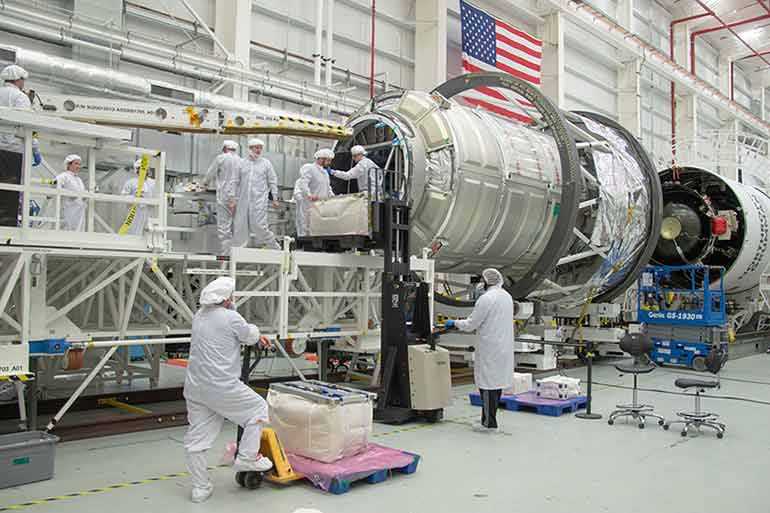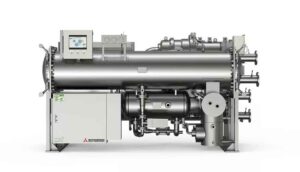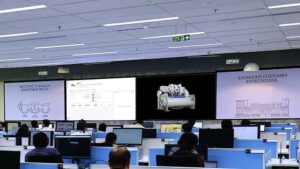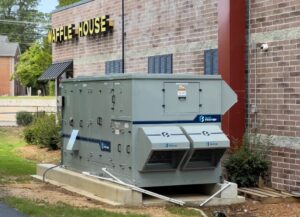Purdue will study AC in reduced gravity
1st August 2023
USA: The next resupply ship to the International Space Station will contain an experiment to learn how reduced gravity affects boiling and condensation.
Northrop Grumman’s 19th commercial resupply services mission (NG-19), which blasts off from NASA’s Wallops Flight Facility in Virginia today, will arrive at the space station on August 4.
To live on the moon or Mars, humans will need heat and air conditioning that can operate long term in reduced gravity and temperatures hundreds of degrees above or below what we experience on Earth. Building these systems requires knowing how reduced gravity affects boiling and condensation.
The Purdue University experiment aims to answer these decades-old questions. The University has previously been involved in experiments to develop a vapour compression fridge that will work at zero gravity.
Experiment
Onboard this latest flight is a module for conducting the second experiment of a facility called the Flow Boiling and Condensation Experiment (FBCE), which has been collecting data on the space station since August 2021.
Last July, Purdue University professor Issam Mudawar and his students finished their first experiment gathering data from a module of FBCE on the space station that measures the effects of reduced gravity on boiling. When the facility’s additional components arrive with the NG-19 spacecraft, the researchers will be able to conduct the second experiment, which will investigate how condensation works in a reduced-gravity environment. Both experiments’ modules for FBCE will remain in orbit through 2025.
“We are ready to literally close the book on the whole science of flow and boiling in reduced gravity,” Mudawar said.
FBCE’s answers on boiling and condensation will not only support exploration on the moon or Mars but also help spacecraft to travel longer distances.
Related stories:
All systems go for zero-gravity fridge – 3 June 2021
USA: A vapour-compression fridge being developed for future space missions has proven its effectiveness at zero gravity after undergoing tests in a unique weightless research lab. Read more…
Fridges in space – 17 April 2021
USA: Refrigeration engineers are developing a vapour compression fridge that will work at zero gravity and in different orientations to provide longer-lasting and more nutritious food for astronauts. Read more…







